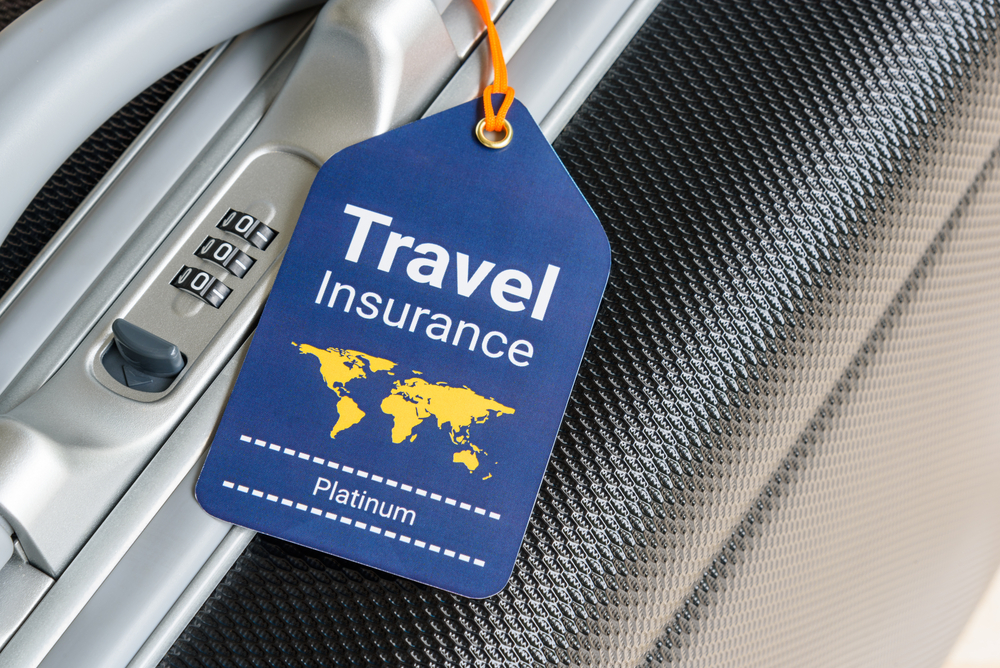Travel season is upon us. If you have a trip planned, learn why you should consider purchasing travel insurance and how to choose the right policy.
Traveling is an exciting and enriching experience, but it can also come with its fair share of uncertainties and risks. No matter how well you plan your trip, there’s always the chance that something could go wrong. That’s where travel insurance comes in. In this article, we’ll cover everything you need to know about travel insurance, including what it covers, why you need it, and how to choose the right policy for your next adventure.
What is Travel Insurance?
Travel insurance is a type of insurance policy designed to protect you against potential financial losses that may arise while traveling. These losses can include medical emergencies, trip cancellations or delays, lost luggage, and more. By purchasing travel insurance, you can have peace of mind knowing that you’re covered in case unexpected events disrupt your trip.
Why Do You Need Travel Insurance?
While no one likes to think about things going wrong on vacation, it’s important to be prepared for the unexpected. Here are some reasons why you should consider getting travel insurance:
- Medical emergencies: If you fall ill or get injured while traveling, medical treatment can be expensive, especially if you’re in a foreign country. Travel insurance can help cover these costs, ensuring that you receive the necessary care without breaking the bank. (For retirees traveling, it’s critical to understand that Medicare may not cover medical costs incurred outside the U.S.)
- Trip cancellations or interruptions: Unforeseen circumstances, such as severe weather, illness, or family emergencies, can force you to cancel or cut short your trip. Travel insurance can reimburse you for non-refundable expenses, like flights and accommodations. Be careful to compare policies, as each carrier defines these instances differently. Some carriers consider a delay as anything that is 6 hours or more while others see it as 24 hours or more.
- Lost or delayed luggage: It’s not uncommon for luggage to go missing during transit. Travel insurance can provide coverage for the cost of replacing your belongings or even cover the expenses of purchasing essential items if your luggage is delayed.
- Personal liability: Accidents can happen, and if you inadvertently cause injury to someone or damage their property, travel insurance can help protect you from potential legal and financial consequences. Additionally, some policies offer coverage for emergency evacuations, particularly useful for adventurers participating in high-risk activities or visiting remote locations.
By understanding these common coverage types, travelers can make informed decisions when selecting a travel insurance policy that best suits their needs.
How to Choose the Right Travel Insurance Policy
With so many travel insurance options available, it can be overwhelming to find the perfect policy for your needs. Here are some tips to help you make an informed decision:
- Assess your needs: Consider the type of trip you’re taking, your destination, and the activities you’ll be participating in. This will help you determine the level of coverage you need. For example, if you’re planning a high-risk adventure like mountaineering, you’ll want to ensure that your policy covers emergency evacuations and medical treatment related to your specific activity.
- Check for existing coverage: Some credit cards, health insurance plans, or homeowner’s insurance policies may already provide some level of travel protection. Review these policies to avoid purchasing duplicate coverage.
- Compare policies: Shop around and compare different travel insurance policies to find one that offers the best balance of coverage and affordability. Be sure to read the fine print and understand what’s included and excluded from each policy.
- Consider annual vs. single-trip policies: If you’re a frequent traveler, it might be more cost-effective to purchase an annual policy that covers multiple trips within a year. However, if you only travel occasionally, a single-trip policy may be a better fit.
- Look for reputable providers: Choose a travel insurance provider with a solid reputation and a history of prompt and fair claims handling. Read reviews and ask for recommendations from friends or family members who have had positive experiences with their travel insurance providers.
The Rewards of Travel Insurance
Investing in a suitable travel insurance policy is more than just a practical decision; it’s an essential component of planning a stress-free and enjoyable vacation. With the right coverage in place, you can embark on your journey with confidence, knowing that you’re protected against unforeseen events and potential financial losses. By alleviating concerns, you enjoy the freedom to fully immerse yourself in the adventure and create lasting memories. So, pack your bags, grab your passport, and enjoy your trip, knowing that you’re well-prepared for whatever comes your way.




1 Comment
strattera mexico